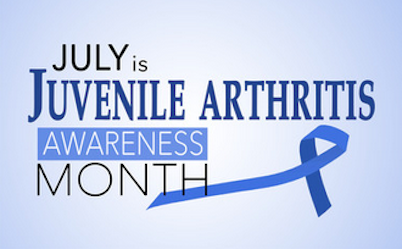Juvenile rheumatoid arthritis or JRA is a group of diseases causing chronic joint inflammation. These diseases are quite different in the symptoms, treatments and outcomes. Pauciarticular diseases affect only few joints. Shoulder, knee and elbow are the most common joints that are affected, and is most common in children under that age of eight years.
Systemic disease affects more systems of the body. Children may develop high fever, rashes all over the skin, and various other problems caused by inflammation of internal organs such as liver, heart and spleen.
Polyarticular disease affects five or more joints. Joints that are most likely to be affected are smaller joints, as in hands and feet.
Some of the most common rheumatoid arthritis symptoms include joint pain, stiffness, fatigue, bumps, fatigue, loss of appetite, mild fever, weight loss and tingling and numbness in hands.
Complications Due To Juvenile Rheumatoid Arthritis
Most common complication in children suffering from juvenile rheumatoid arthritis is related to the side effects of medications given in order to treat the disease. When these medications are taken frequently, they can cause pain, bleeding in stomach, and irritation. They also affect kidneys and liver, but the symptoms usually appear quite late.
Some children suffering from juvenile rheumatoid arthritis usually face psychological and emotional problems as well. They get bouts of depression, and often face problems in school. Death rate in children suffering from juvenile rheumatoid arthritis is higher.
When To Seek Medical Care For Juvenile Rheumatoid Arthritis
Joint pain, stiffness, and swelling which has not been caused by any injury, and lasts more than a few day is a cause of concern. Limitation or loss of joint function, irritation or redness in the eyes, loss of vision, rashes that keeps coming and going, fever that keeps coming and going without any explanation, and swelling in lymph nodes without illness must be taken seriously.
The diagnosis of juvenile rheumatoid arthritis is done when there is persistent arthritis in one or more joints for more than six weeks. Usually, variety of tests are required to confirm the diagnosis. Type of arthritis is determined based on the child’s symptoms over six months of illness. The treatment is based on the type of arthritis, and it’s seriousness. Initially, medicine is given to reduce swelling and pain, along with physical therapy. Shots of steroid medicine may also be given in extreme cases. If these treatments do not help, surgery to correct the joint problems is the only solution.

No Comments